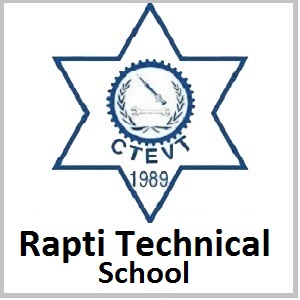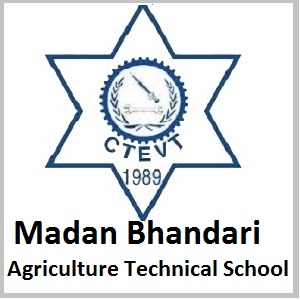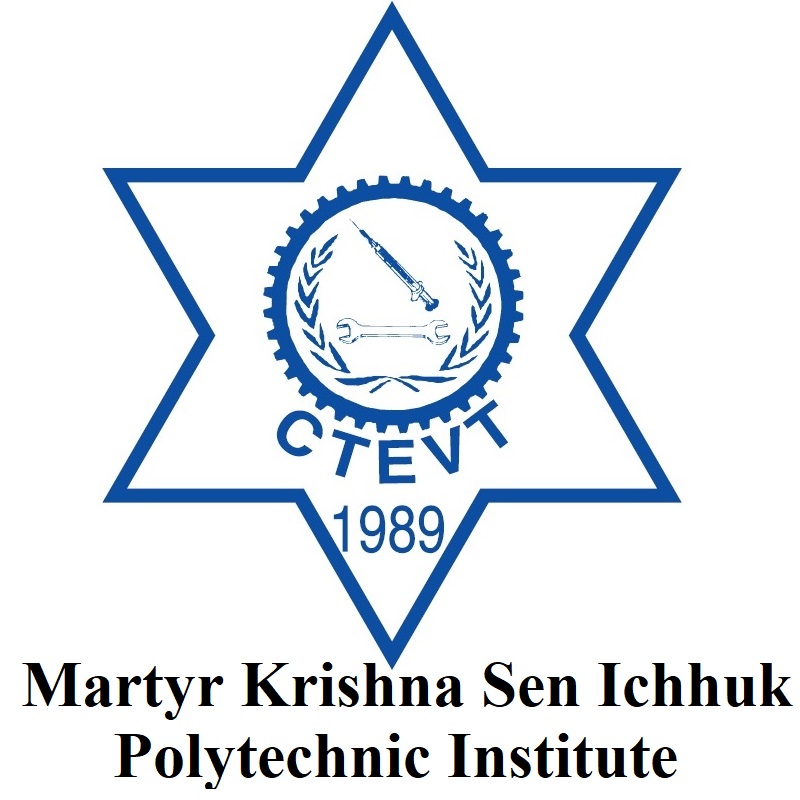Overview
Diploma in Agriculture (Plant Science) – Tulsipur Polytechnic Institute
The Diploma in Agriculture (Plant Science) program at Tulsipur Polytechnic Institute, located in Tulsipur-12, Haripauri, Dang, Lumbini Province, Nepal, is a three-year technical training course affiliated with the Council for Technical Education and Vocational Training (CTEVT), Nepal. The course focuses on practical and scientific approaches to crop production, soil management, and sustainable farming. It is intended for SEE graduates interested in plant-based agriculture and rural development.
To apply, students must pass the Secondary Education Examination (SEE) and qualify through the CTEVT entrance exam. The program admits 40 students, with 4 seats under the scholarship quota. It follows the official CTEVT curriculum and fee structure.
Curriculum Details
The curriculum runs across six semesters in three years, integrating classroom teaching, fieldwork, laboratory practice, and rural agricultural outreach. It is structured to develop a sound understanding of Nepal’s agronomic challenges and solutions.
Major subjects include:
-
Soil Science
-
Agronomy
-
Horticulture
-
Plant Protection
-
Agricultural Economics
-
Agricultural Extension and Communication
-
Irrigation and Water Management
-
Farm Management
-
Agricultural Engineering Basics
The program includes field-based projects and practical training on farms, ensuring direct exposure to the realities of Nepal’s agricultural landscape.
Objectives
-
To train mid-level technicians with applied plant production, protection, and management knowledge.
-
To promote scientific methods in agriculture suitable for Nepal’s diverse agro-ecological zones.
-
To support food security and rural employment through skilled agricultural manpower.
-
To prepare graduates capable of contributing to public and private sector agricultural services.
Scope
Agriculture remains a key sector in Nepal’s economy. Graduates of this program are equipped to work in:
-
Agricultural service centers
-
Cooperatives and community farming groups
-
NGOs and development agencies
-
Seed production companies and agro-vet centers
-
Provincial and local government offices focused on agriculture
There are also opportunities for self-employment in farming, nursery development, or agribusiness.
Learning Outcomes
Students completing this course will be able to:
-
Identify soil types and recommend appropriate cropping practices.
-
Planned and managed seasonal crop cultivation, including irrigation and fertilization.
-
Diagnose and manage plant diseases and pests using safe methods.
-
Conduct on-farm trials and agricultural extension work.
-
Maintained field records and generated simple agri-business plans.
Skill Development Modules
The course includes hands-on learning in:
-
Nursery management and seedling propagation
-
Composting and fertilizer application
-
Integrated pest management (IPM)
-
Farm tool operation and maintenance
-
Crop yield estimation and data recording
These modules are conducted through field visits, demo plots, and real-time field practice sessions.
Teaching Methodology
Teaching is delivered through a mix of:
-
Lectures and class discussions
-
Laboratory experiments
-
Field demonstrations
-
Practical assessments and project work
-
Industry and farm exposure visits
-
Community-level agricultural surveys
The combination of theory and applied instruction supports better understanding and skill retention.
Admission Requirements
-
Eligibility: SEE passed or equivalent qualification
-
Entrance Requirement: Must pass the CTEVT entrance examination
-
Seats Available: 40 (including 4 scholarship seats)
-
Duration: 3 years (6 semesters)
Admissions are processed based on merit ranking and official CTEVT guidelines.
Career Opportunities
Graduates can take up roles such as:
-
Agriculture Technician in rural municipalities or provincial offices
-
Field Assistant in NGOs or cooperatives
-
Nursery Supervisor or Crop Advisor
-
Agro-input Sales Assistant at agri-supply centers
-
Junior Trainer in agricultural training programs
This diploma can also be a stepping-stone for higher education in agriculture and related disciplines.
Scholarships and Financial Aid
Four scholarship seats are allocated for this program based on the CTEVT scholarship policy, which supports inclusive access for marginalized, rural, or economically disadvantaged students.
Why Choose This Course?
This course suits students interested in working close to nature, supporting rural communities, and applying science to solve food production challenges. It offers:
-
Practical learning through field engagement
-
Relevant technical skills for employment or self-employment
-
Access to agriculture-related government and private job markets
-
A curriculum suited for both urban and rural agricultural contexts
Conclusion
The Diploma in Agriculture (Plant Science) at Tulsipur Polytechnic Institute offers a meaningful and applied educational pathway for SEE graduates who want to contribute to Nepal’s agricultural sector. A curriculum grounded in local needs and field-based learning builds technical confidence and prepares students for real work in sustainable farming and plant science.




















